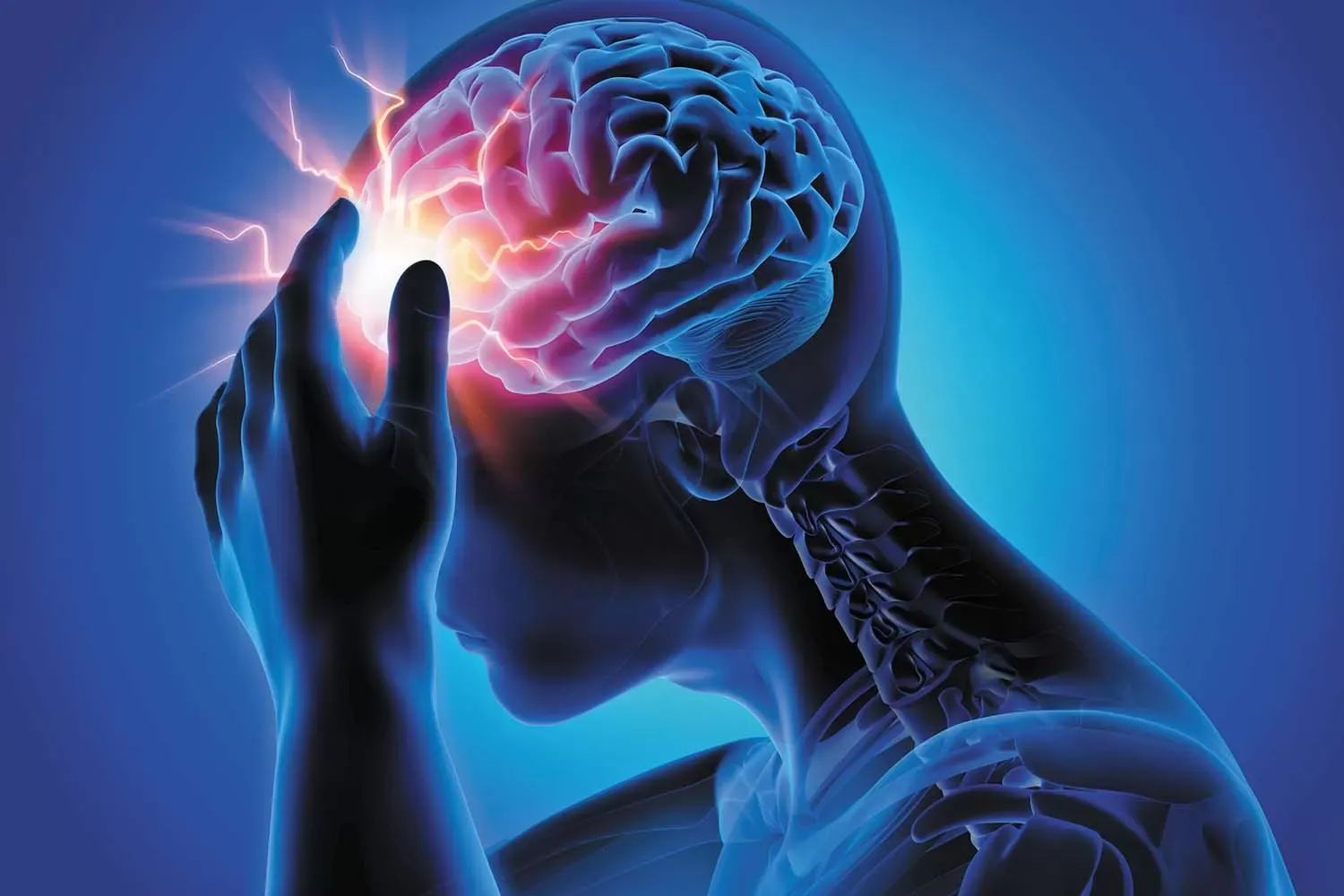Achilles Tendinitis: Symptoms, Causes, Prevention
Achilles tendinitis is a prevalent overuse injury that impacts the Achilles tendon—a critical band of tissue that connects the calf muscles to the heel bone.
Sept. 26, 2023, 3 min read, Articles
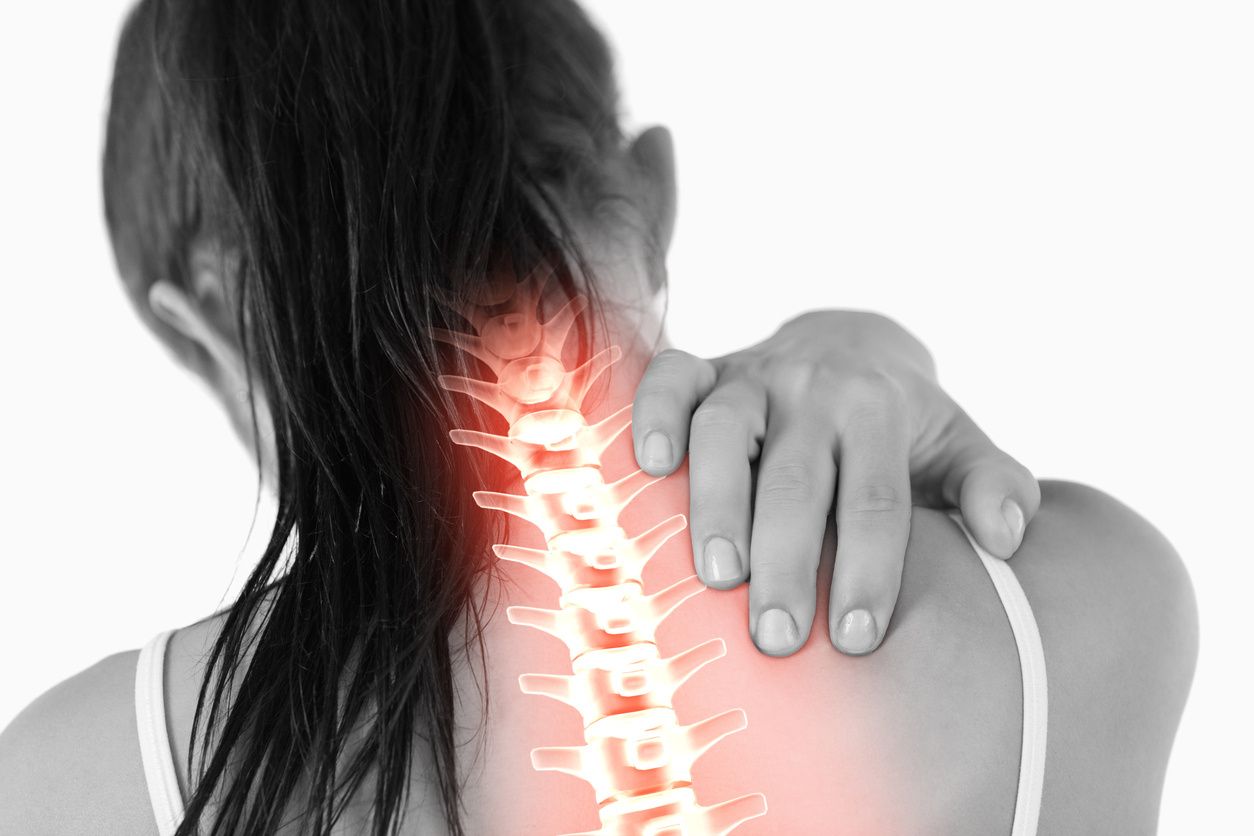
Neck stiffness can be a discomforting and limiting condition that affects people of all ages. In this comprehensive article, we will explore the common causes of neck stiffness, the various medical conditions it can be associated with, and the effective treatment options, including physiotherapy, osteopathy, and neck decompression, available to alleviate this condition. This article is designed to provide valuable insights, be SEO-friendly, and offer a deeper understanding of why neck stiffness occurs and how it can be effectively managed.
Vertebrae: The seven vertebrae in your cervical spine, responsible for neck movement.
Muscles: There are twenty neck muscles that support and enable neck movement.
Ligaments: These connective tissues hold the vertebrae together, ensuring neck stability.
Discs: Acting as shock absorbers, they are positioned between the vertebrae.
Nerves: Eight pairs of nerves in your neck facilitate muscle control and sensation in your neck, shoulders, arms, and hands.
Anything affecting these components can lead to neck stiffness. Some individuals experience temporary neck stiffness, while others face recurring stiffness that healthcare providers may diagnose as chronic.
Neck stiffness, often referred to as a stiff neck, is characterized by discomfort, limited mobility, and tension in the neck muscles. It can make simple activities like turning your head or looking down challenging and is typically caused by muscle strain, tension, or inflammation.
Muscle Strain: Overexertion, poor posture, or sleeping in an awkward position can lead to muscle strain in the neck.
Tension: Stress and anxiety can cause neck muscles to tense up, resulting in stiffness.
Injury: Trauma or accidents, such as whiplash, can cause neck stiffness.
Degenerative Conditions: Conditions like osteoarthritis and cervical spondylosis can contribute to neck stiffness.
Infections: In rare cases, infections like meningitis can cause neck stiffness as a symptom.
Migraines: Some migraine sufferers experience neck stiffness as a precursor or symptom during an attack.
Cervical Radiculopathy: This condition involves nerve compression in the neck, leading to stiffness and pain.
Fibromyalgia: People with fibromyalgia often report neck stiffness as part of their widespread muscle pain.
Autoimmune Disorders: Conditions like rheumatoid arthritis can affect the neck and cause stiffness.
Effective treatment for neck stiffness involves various approaches, including physiotherapy, osteopathy, neck decompression, and more:
Physiotherapy: Our clinic offers specialized physiotherapy services for neck stiffness. Treatment may include gentle exercises to improve neck flexibility and posture. Physiotherapists can also provide guidance on ergonomic adjustments to prevent further strain.
Osteopathy: Osteopathic treatment focuses on identifying and addressing musculoskeletal imbalances contributing to neck stiffness. Manual techniques can relieve tension and improve range of motion.
Neck Decompression: Our clinic provides specialized neck decompression therapy to alleviate pressure on affected cervical discs and nerves, reducing stiffness and discomfort.
Heat and Cold Therapy: Applying heat or cold packs to the neck can help relax muscles and reduce inflammation.
Medications: Over-the-counter pain relievers and muscle relaxants may be recommended to manage pain and discomfort.
Stress Management: Learning stress-reduction techniques can be beneficial for individuals with tension-related neck stiffness.
To prevent neck stiffness, consider these measures:
Maintain good posture, especially when sitting for extended periods.
Take regular breaks during work to stretch and relax neck muscles.
Ensure your sleeping position and pillow provide proper neck support.
Manage stress through relaxation techniques or mindfulness practices.
Neck stiffness can significantly disrupt daily life, but it is often manageable with the right approach. By understanding the underlying causes, associated medical conditions, and effective treatments, including physiotherapy, osteopathy, and neck decompression, individuals can find relief and improve their neck mobility. If you experience persistent neck stiffness, consult a healthcare professional for a proper diagnosis and personalized treatment plan.
Achilles tendinitis is a prevalent overuse injury that impacts the Achilles tendon—a critical band of tissue that connects the calf muscles to the heel bone.
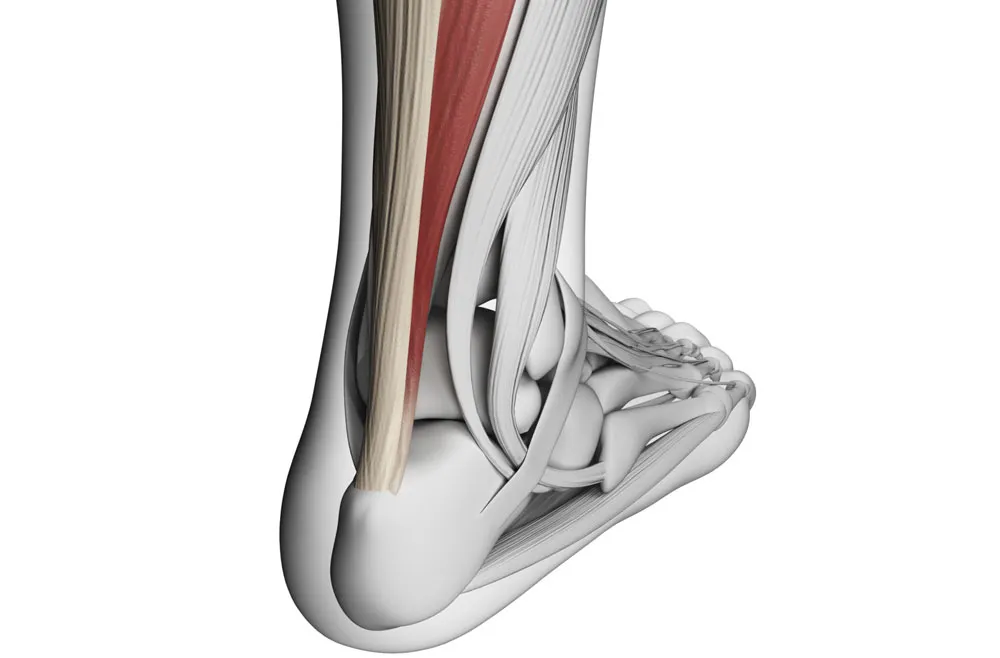
Back pain is a prevalent and often debilitating condition that can affect individuals of all ages and walks of life.

Arthritis is a common and often painful condition that affects millions of individuals worldwide. It's not a single disease but rather a group of more than 100 different types of joint-related conditions.
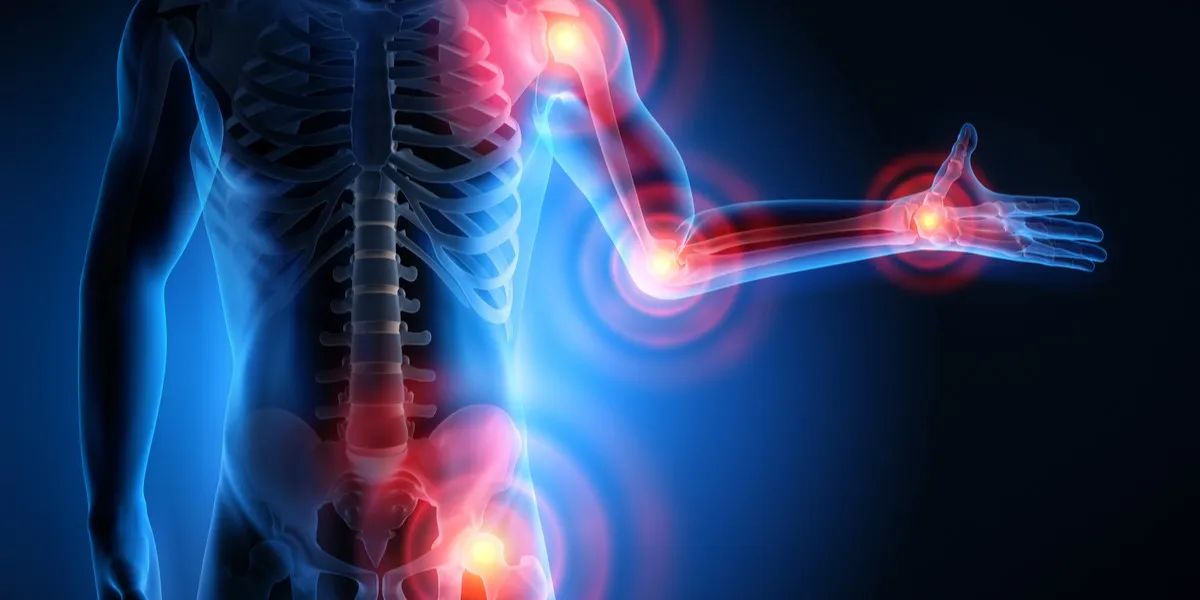
Ankle injuries are prevalent in the world of sports and can be a significant setback for athletes.
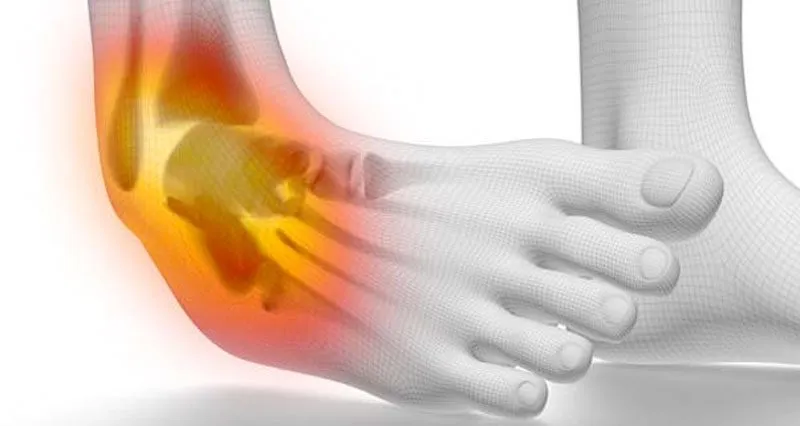
Amyotrophic Lateral Sclerosis (ALS), often referred to as Lou Gehrig's disease, is a progressive neurodegenerative disorder that affects nerve cells in the brain and spinal cord.
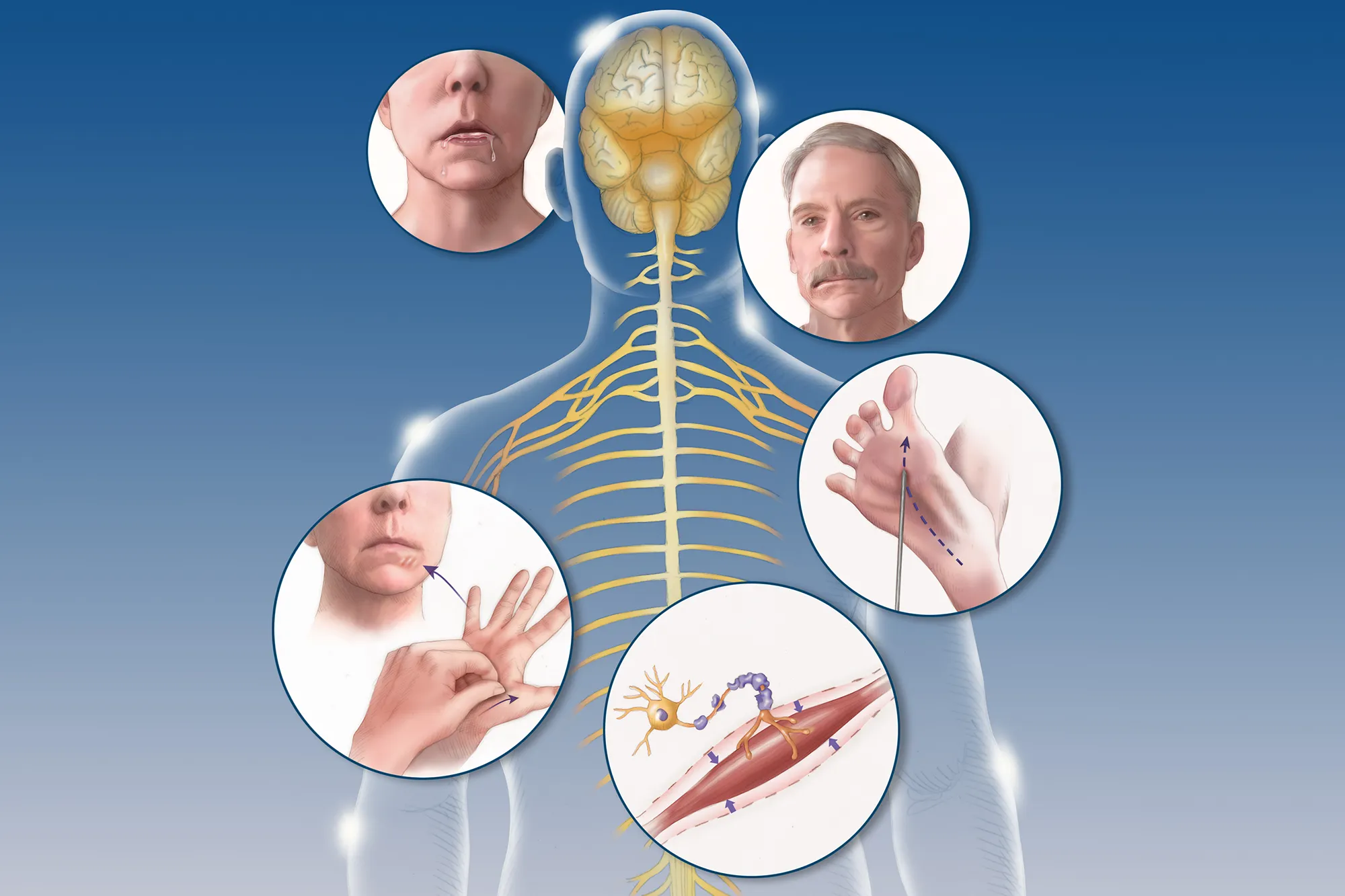
Degenerative Disc Disease (DDD) is a common condition that affects the intervertebral discs in the spine.
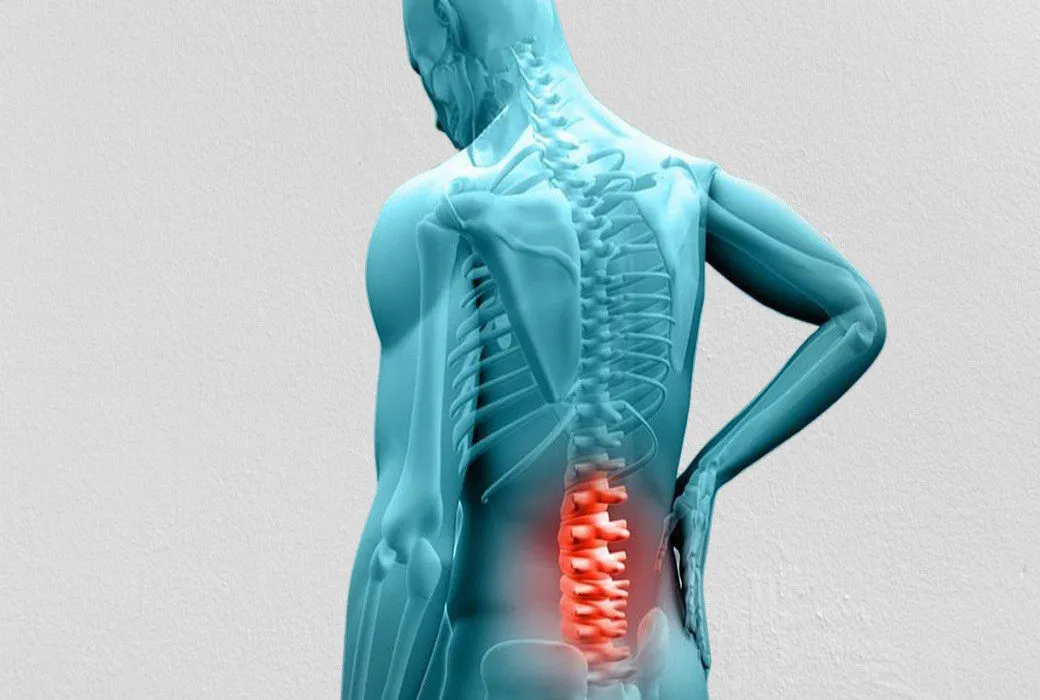
Myalgic Encephalomyelitis/Chronic Fatigue Syndrome (ME/CFS) is a perplexing and debilitating condition that impacts individuals, often altering their daily lives and challenging conventional understanding.
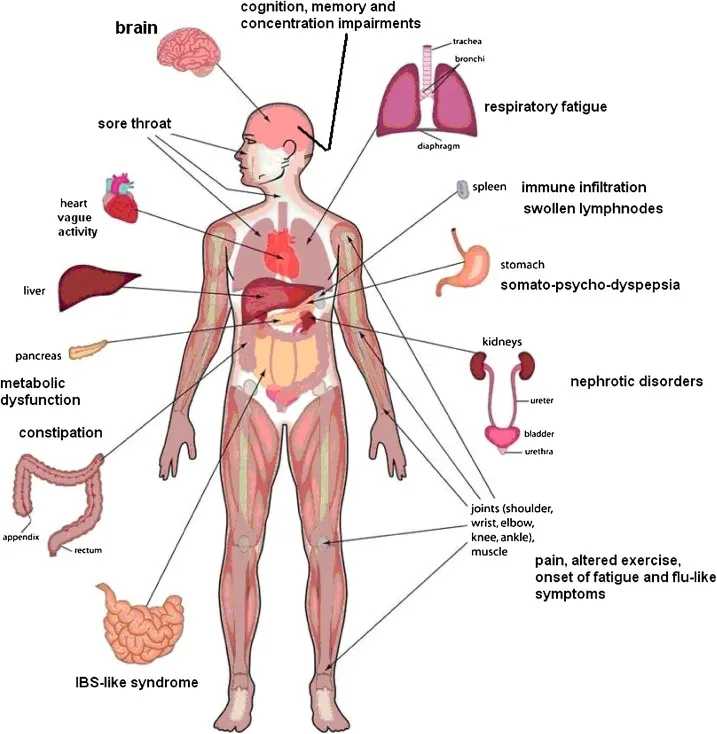
Muscular dystrophy encompasses a group of diseases leading to progressive muscle weakness and loss of muscle mass. The development of abnormal genes disrupts the production of necessary proteins crucial for healthy muscle function.
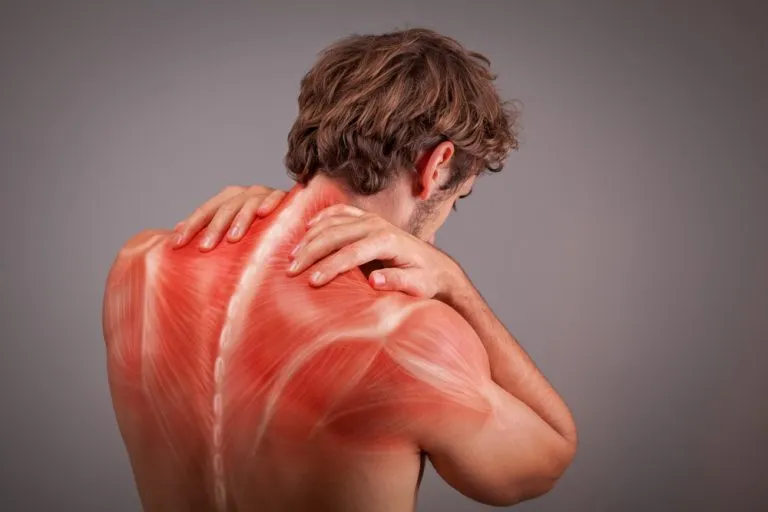
Fibromyalgia stands as a complex and often misunderstood condition characterized by widespread musculoskeletal pain, fatigue, and sleep disturbances
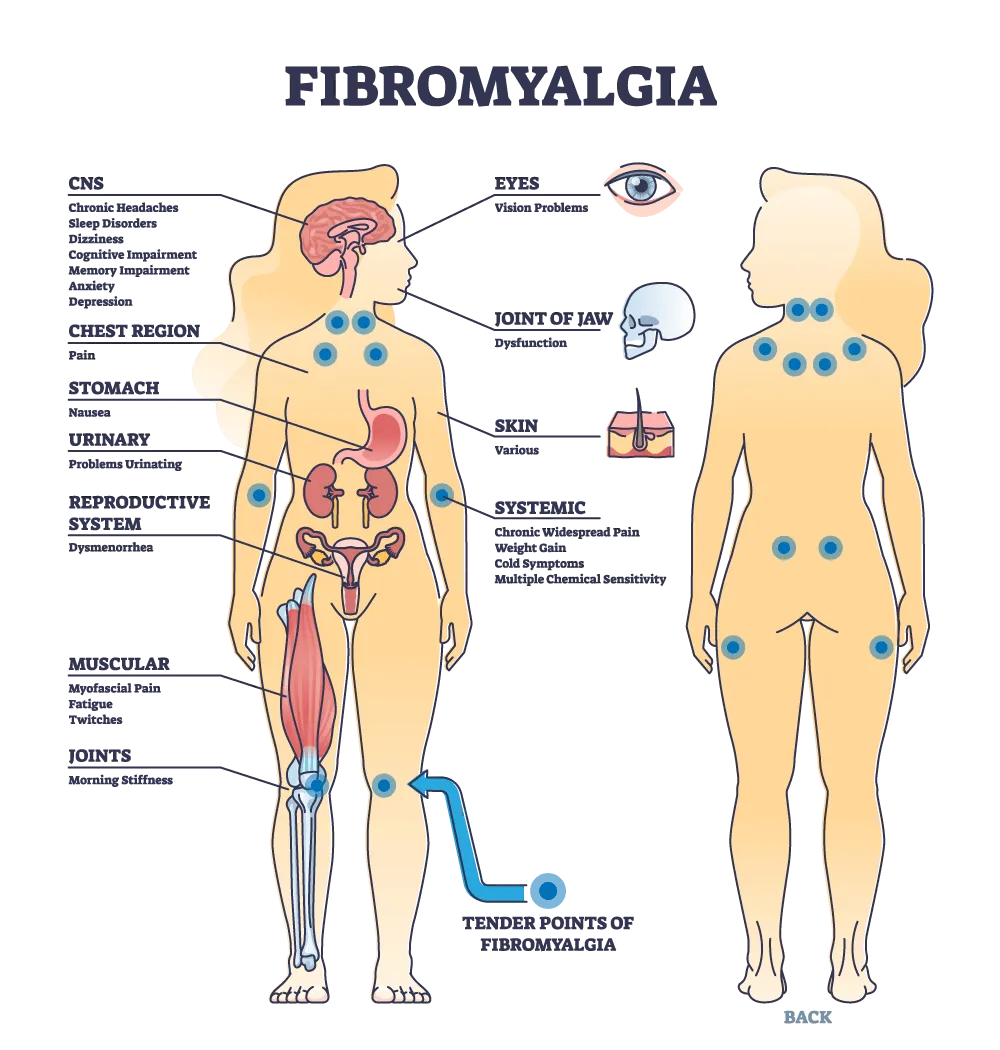
Bunions, medically referred to as "hallux valgus," are a common and often painful foot deformity that affects the joint at the base of the big toe.
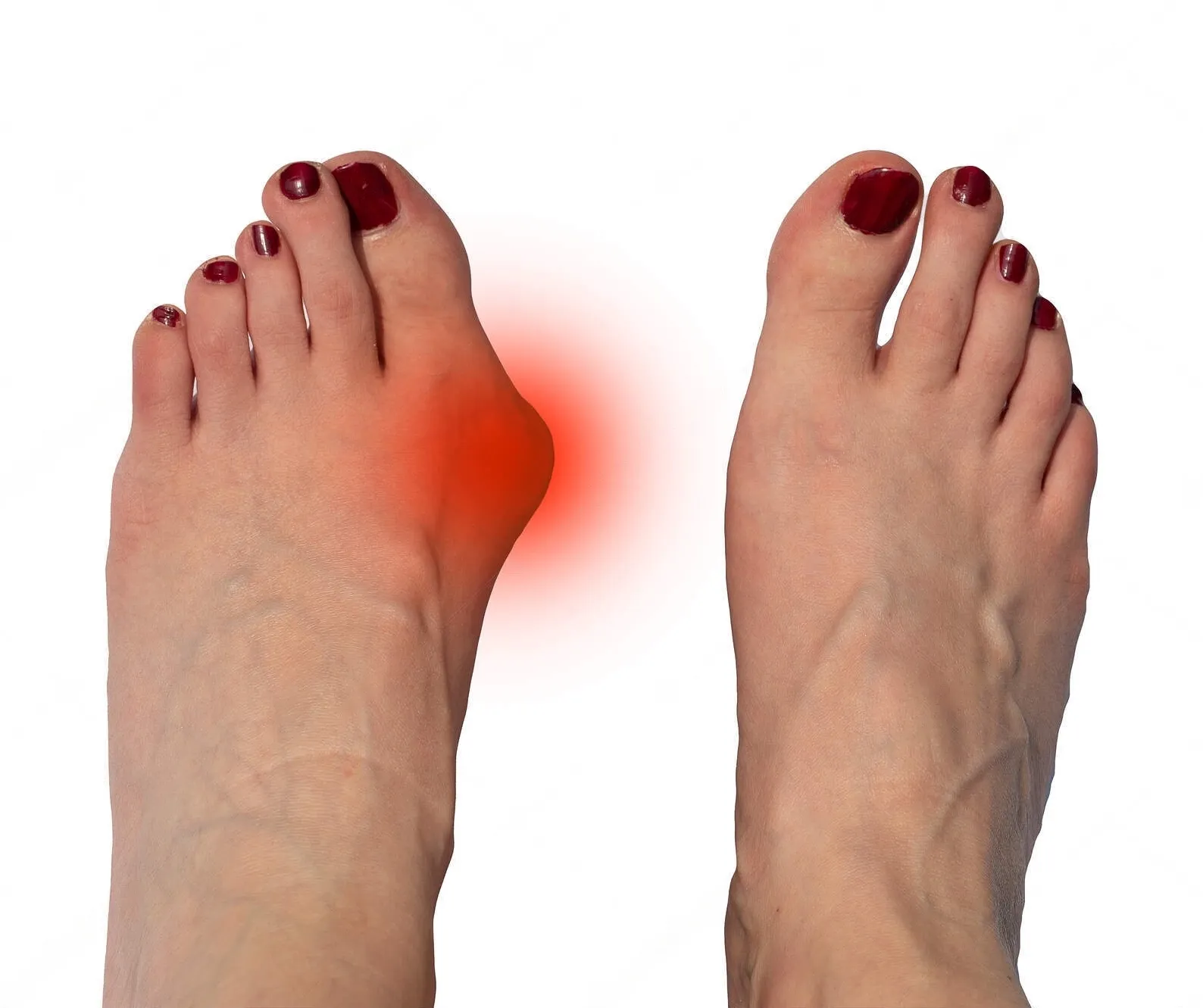
Herniated disc symptoms can be debilitating, causing pain, numbness, and mobility limitations.
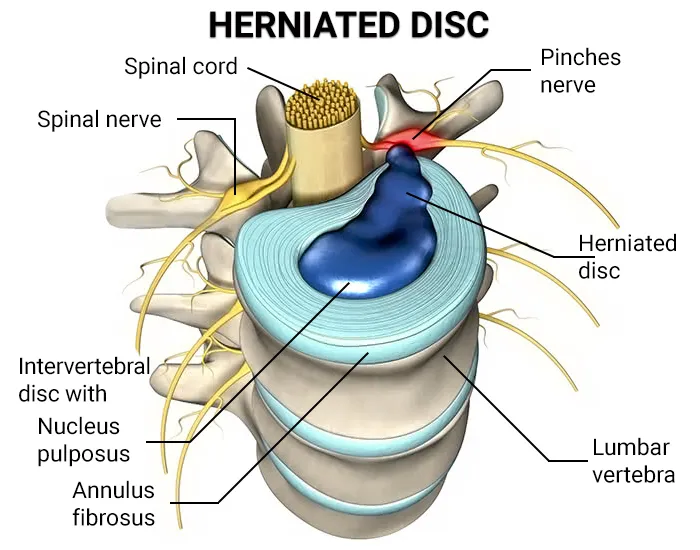
A heel spur is a bony growth that pokes out below your back heel bone inside of your foot. Heel spurs happen when stress and strain damages your foot ligaments.
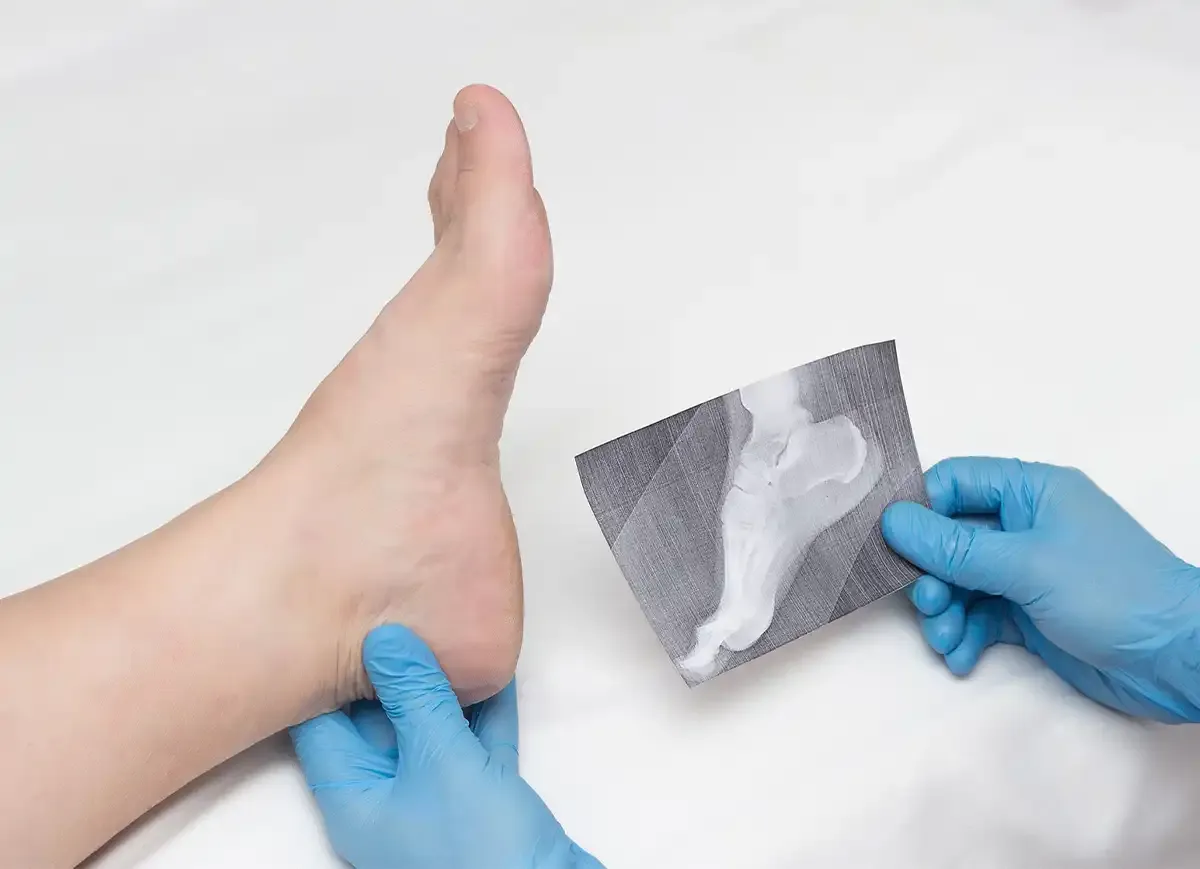
Knee pain is a widespread issue that can significantly impact a person's mobility and quality of life.Knee pain is a widespread issue that can significantly impact a person's mobility and quality of life.
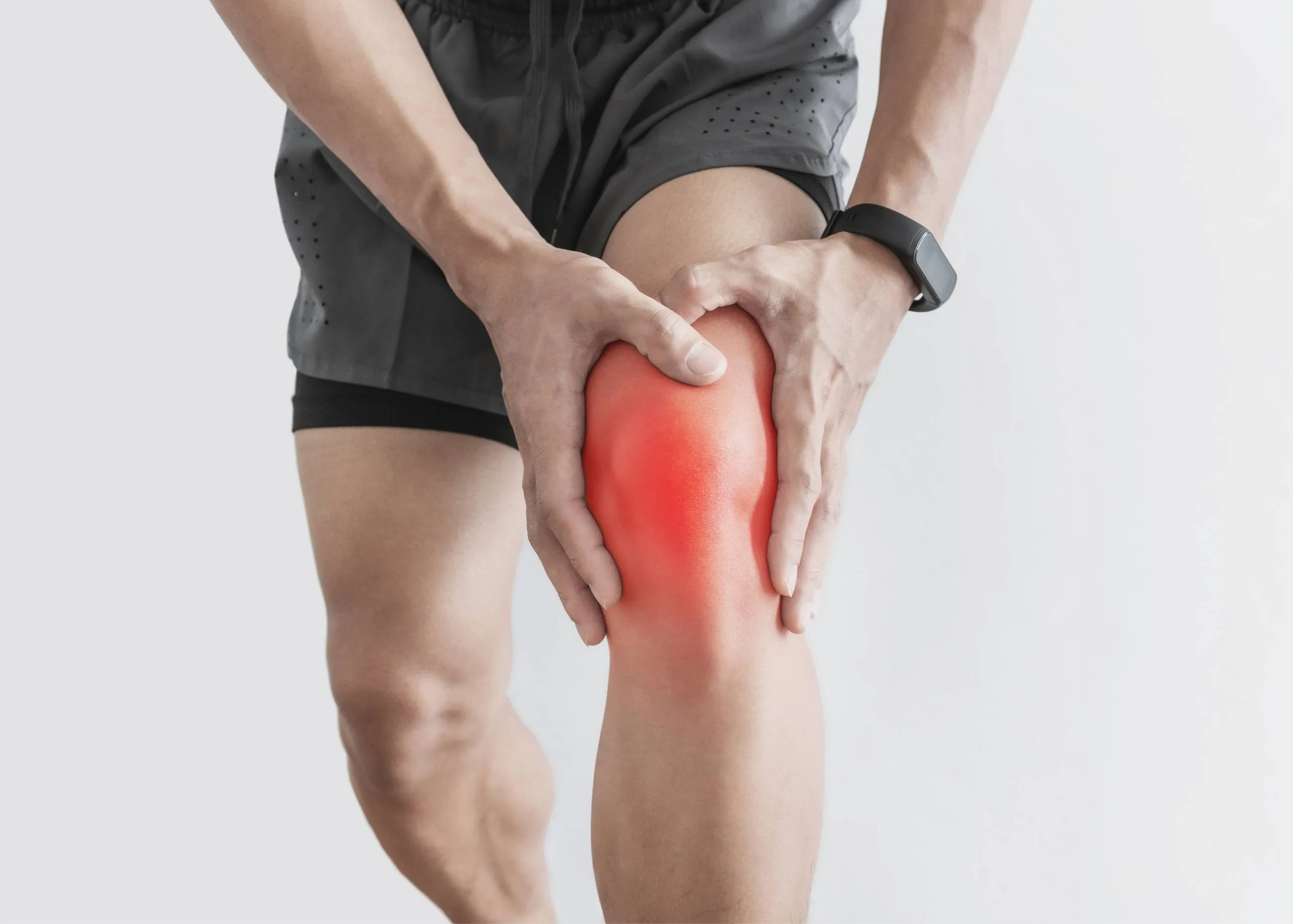
Heel pain can be a nagging and uncomfortable issue that affects many people. In this article, we will explore the various causes of heel pain, common symptoms associated with it, and the available treatments that can help you find relief and get back to your active lifestyle.
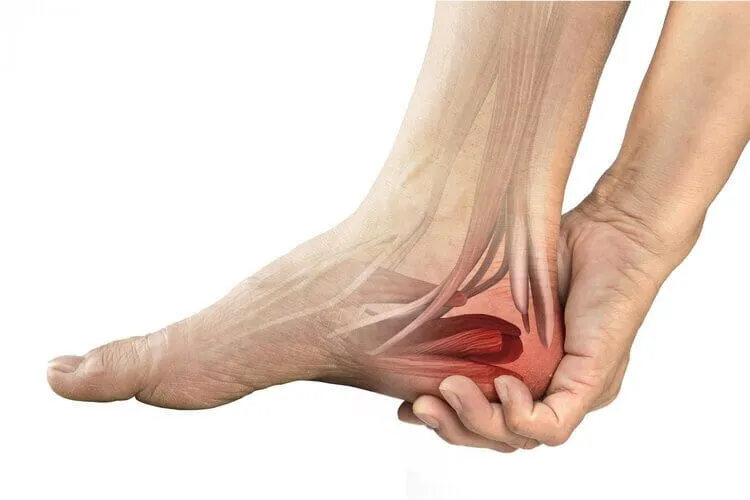
Military Neck, also referred to as Cervical Kyphosis, is a condition that affects the natural curvature of the cervical spine, resulting in the loss of its typical curve.
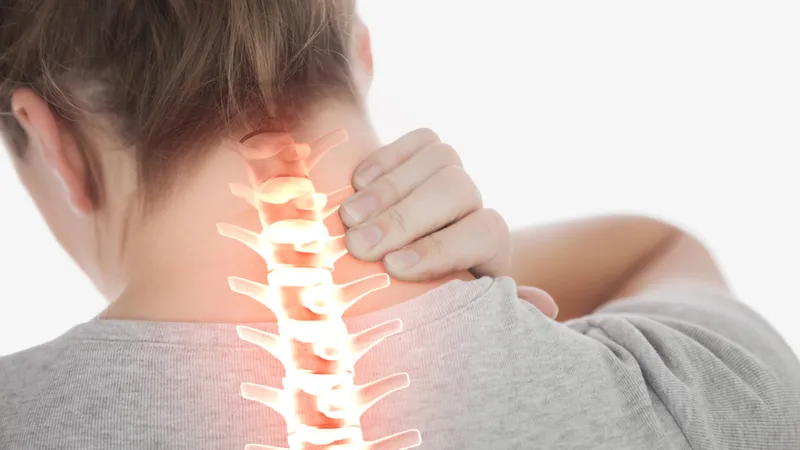
Migraines and headaches are prevalent neurological disorders that affect a significant portion of the population.

Lymphedema is a chronic condition characterized by the accumulation of lymphatic fluid, leading to persistent swelling, typically in the arms or legs.
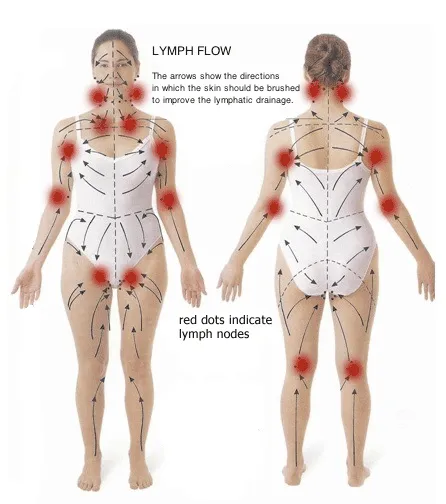
Plantar fasciitis is a common and often painful foot condition that affects millions of people worldwide.
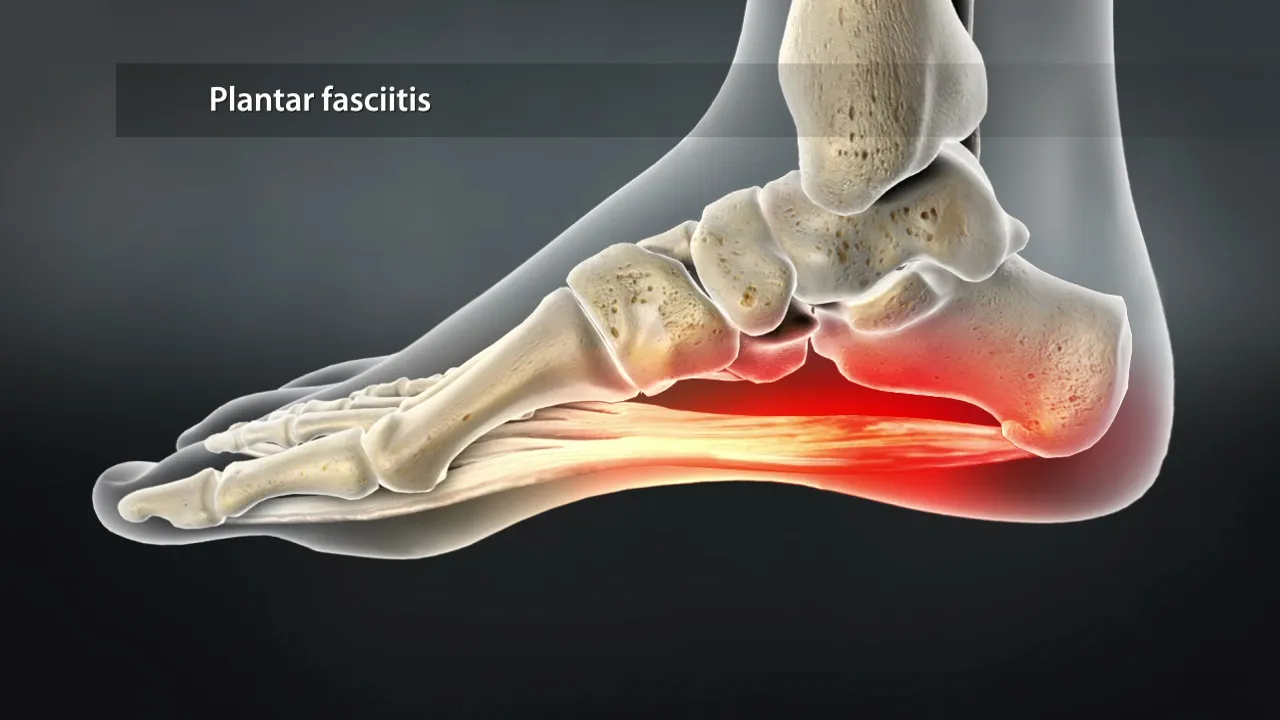
Piriformis syndrome is a perplexing condition, often overshadowed by more common sources of hip and lower back pain.
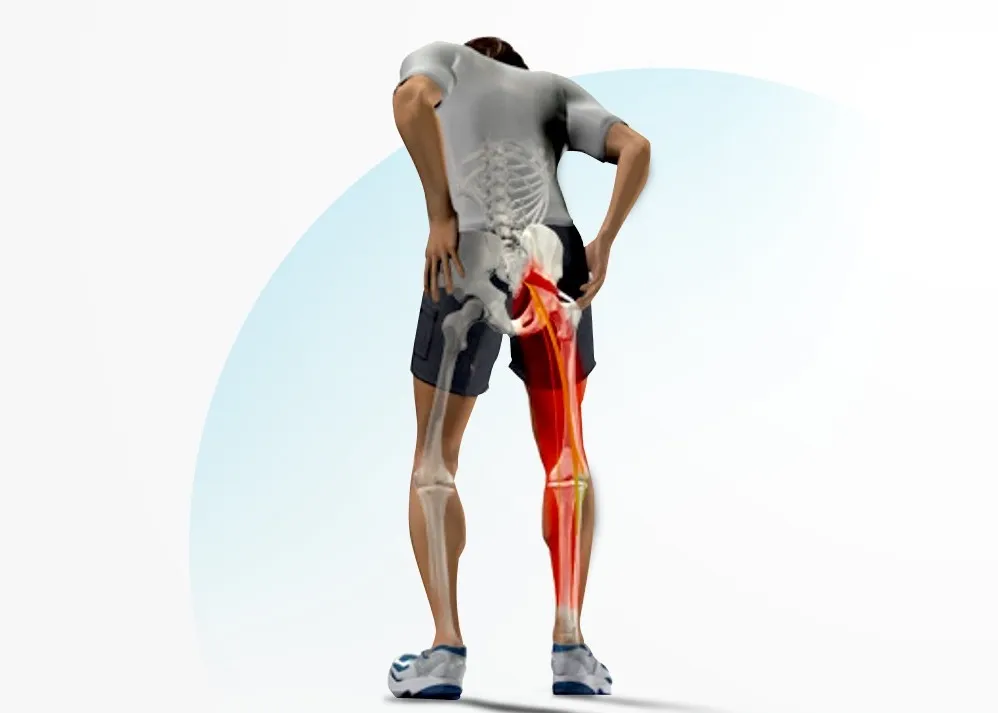
motor vehicle accidents (MVA) can result in a wide range of injuries, from minor bruises to severe trauma. in the aftermath of such incidents, seeking prompt medical attention is crucial for assessing and addressing any injuries sustained.

Sarcopenia is the gradual loss of muscle mass that can affect people in their 30s and beyond. WebMD explains its symptoms, causes, diagnosis, and treatments.
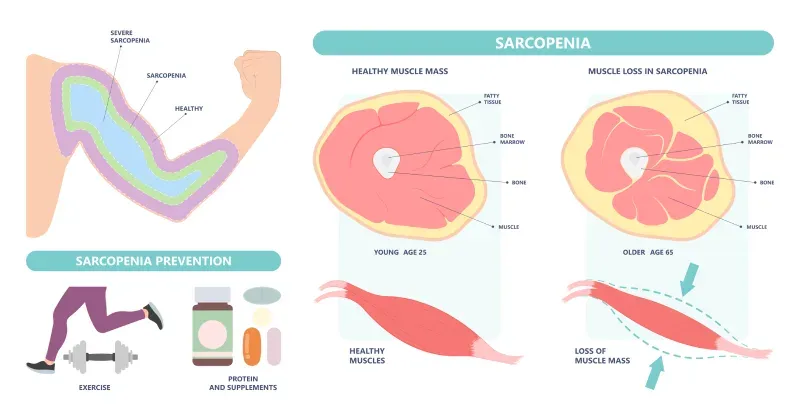
Spinal stenosis, a prevalent spinal condition, is characterized by the narrowing of the spinal canal, leading to discomfort and neurological symptoms.
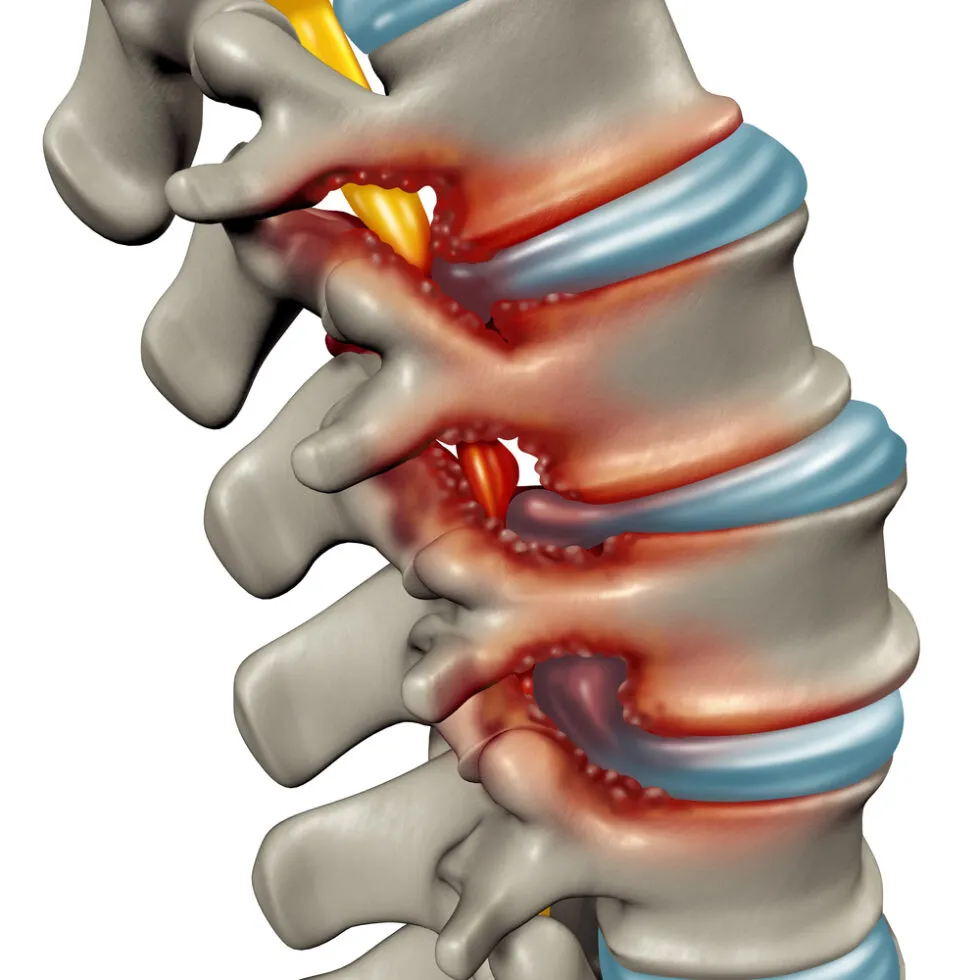
The sacroiliac joint, a crucial junction between the sacrum and the ilium bones in the pelvis, plays a pivotal role in supporting the weight of the upper body.
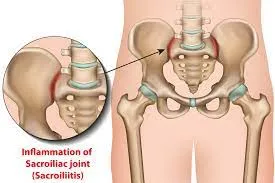
A rotator cuff injury can be a painful and limiting condition, impacting the functionality of the shoulder.
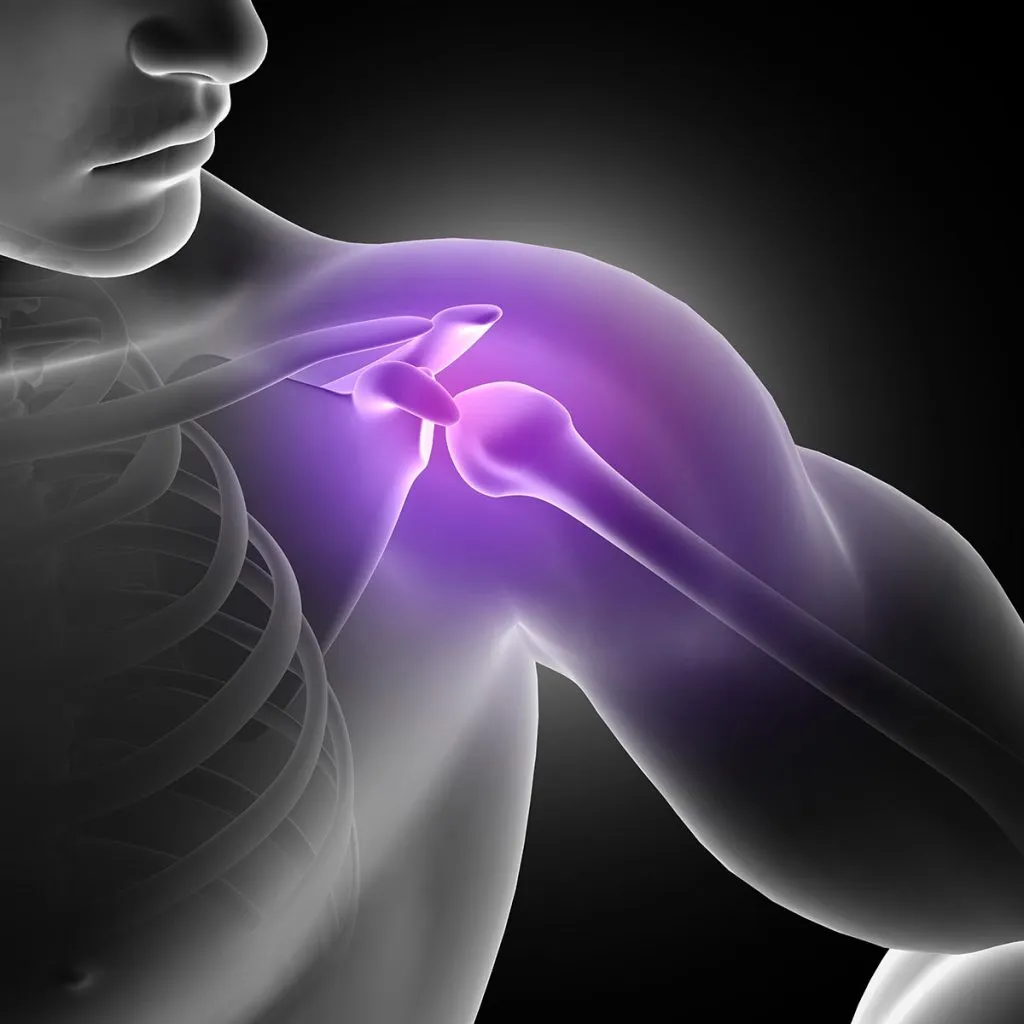
Suffering from lower back pain from sitting? It could be from poor ergonomics in your workplace. Learn more with these tips for how to alleviate pain from sitting.

Sciatica is a painful and often debilitating condition that affects numerous individuals worldwide.
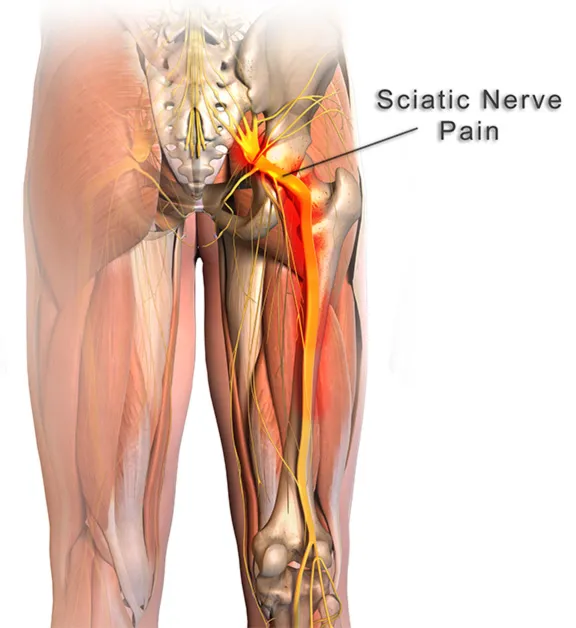
Gluteal tendinopathy is a condition that affects the tendons in the gluteal region, leading to pain and restricted mobility.
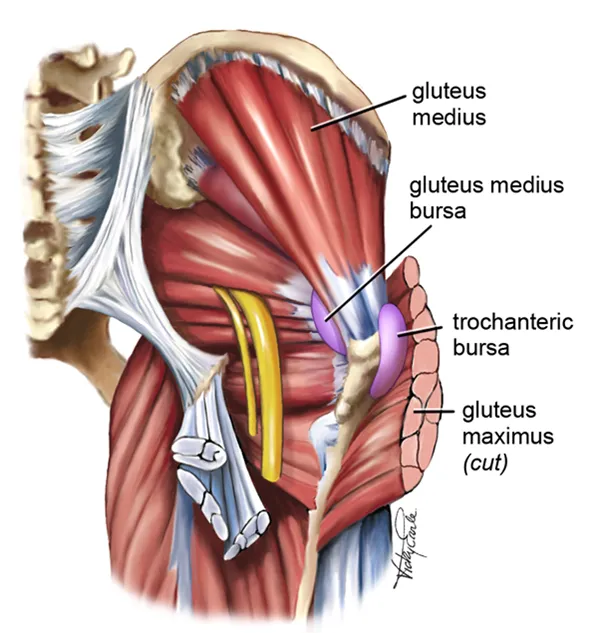
Tennis Elbow, also known as Lateral Epicondylitis, is a painful condition that affects the tendons in the forearm, causing discomfort and limited mobility in the elbow and wrist.

The temporomandibular joint (TMJ) serves as a pivotal mechanism, allowing us to perform everyday activities such as speaking, chewing, and yawning with ease. However, when this complex joint encounters issues, it can lead to Temporomandibular Joint Syndrome (TMJ syndrome).
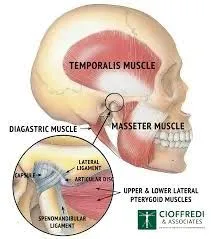
Tarsal Tunnel Syndrome (TTS) is a common and often painful condition affecting the tarsal tunnel—a narrow passage in the ankle.
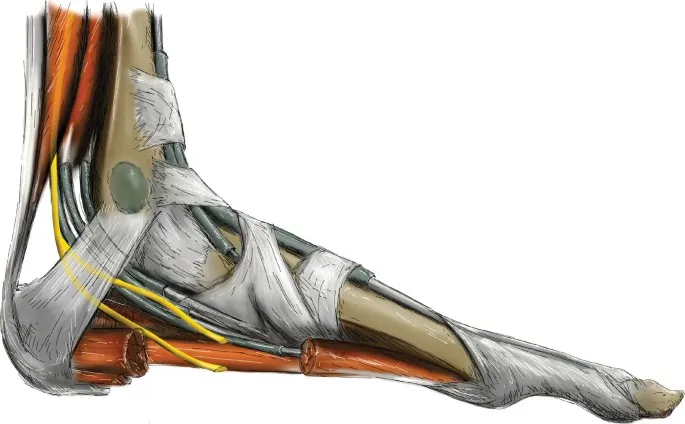
Explore the impact of time-restricted eating on heart health. Learn about the connection between diet and cardiovascular risk.
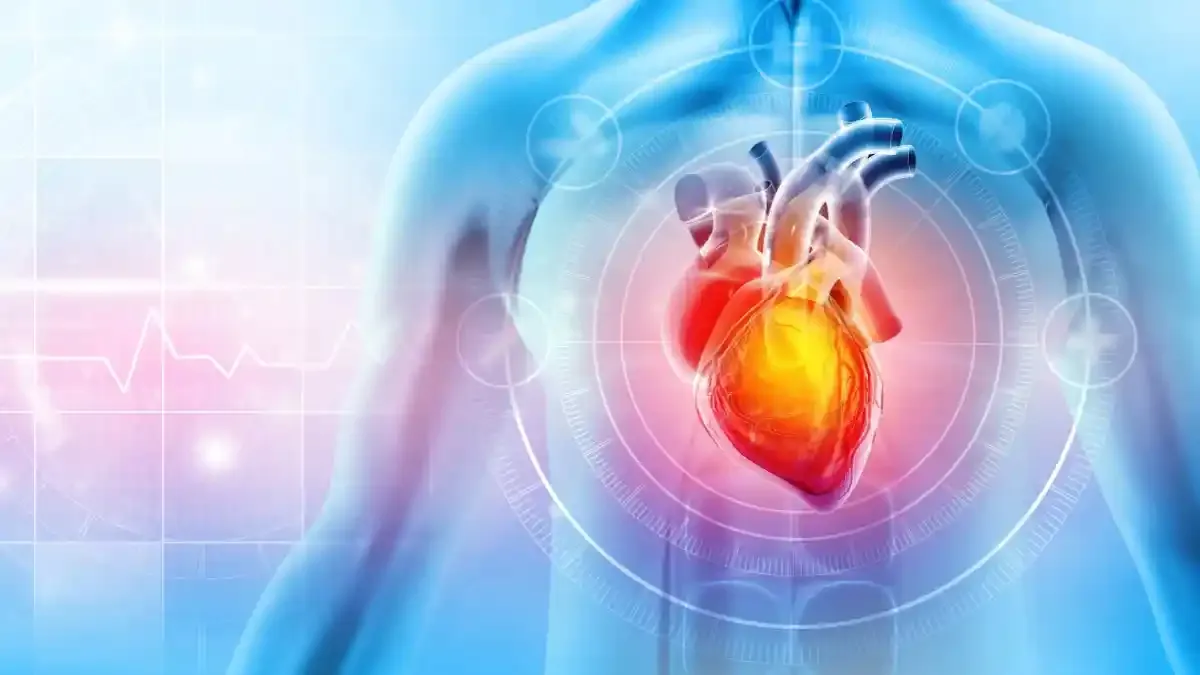
Most cases of foot or ankle pain are short term and are caused by soft tissue injuries, such as sprains or strains. You can usually ease the pain yourself But see York Rehab Clinic if the pain does not improve.
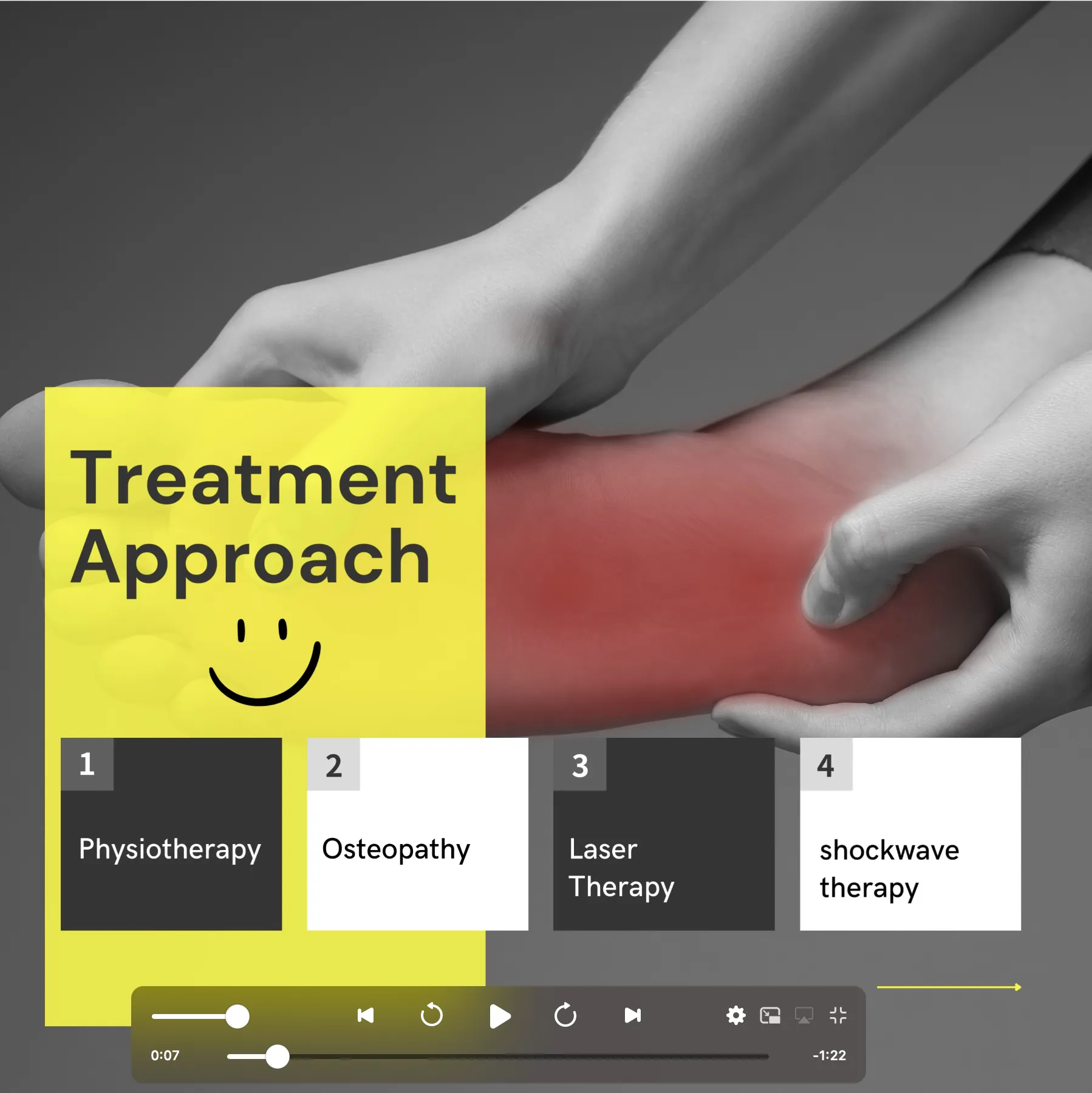
Bow legs is a genetic condition where the knees bow outward when standing. Learn its symptoms and causes at York Rehab Clinic.
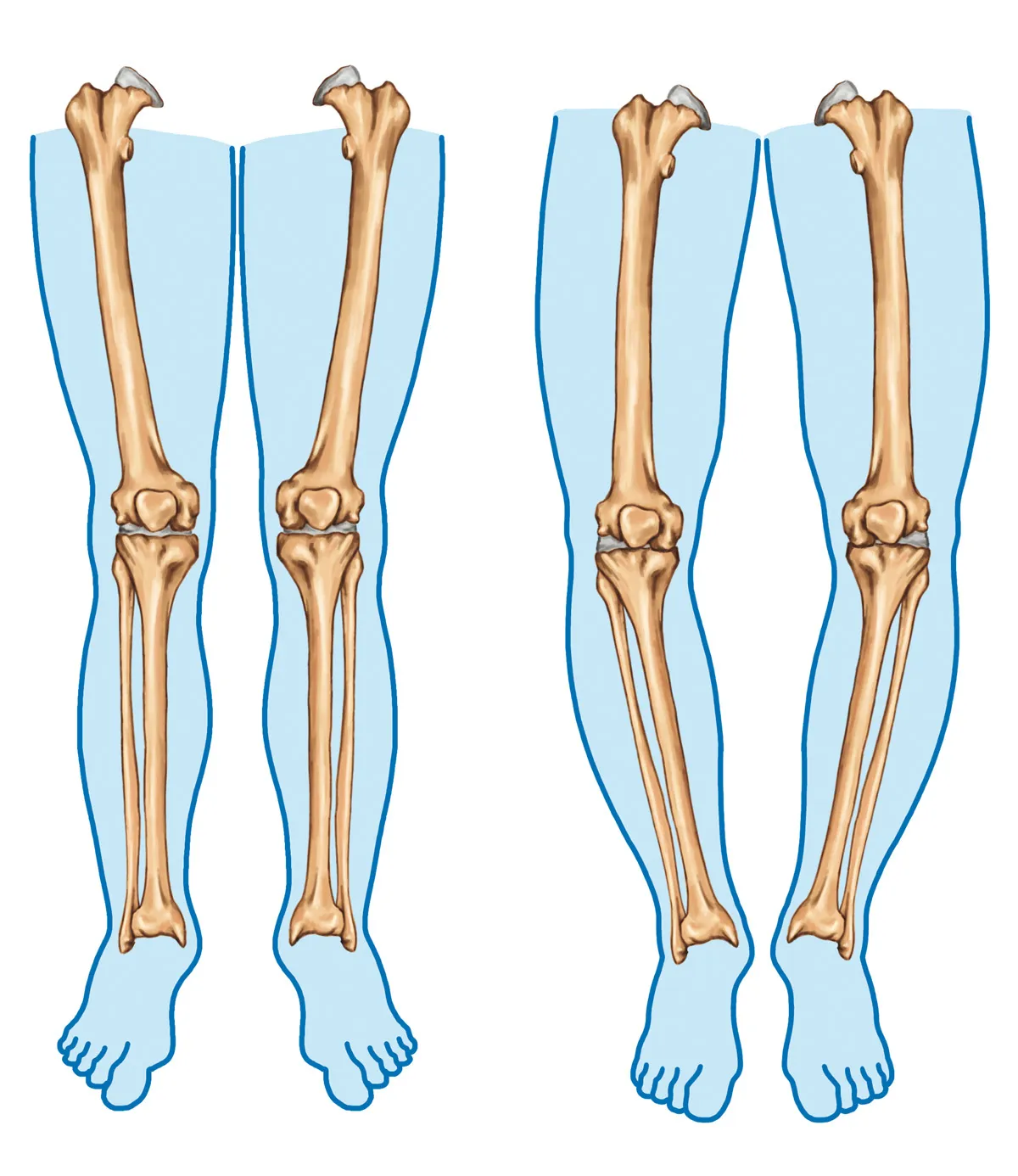
This article explores the complexities of Parkinson’s Disease and sheds light on the therapeutic benefits offered by osteopathy and physiotherapy.
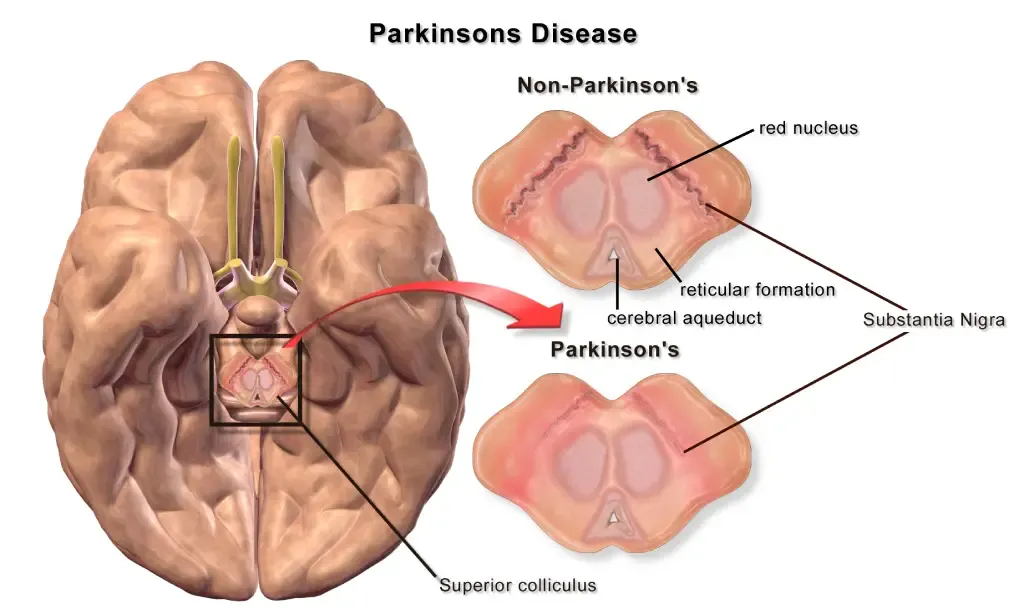
Cervical spondylosis, a prevalent condition, unfolds as a result of wear and tear on the spinal discs in the neck.
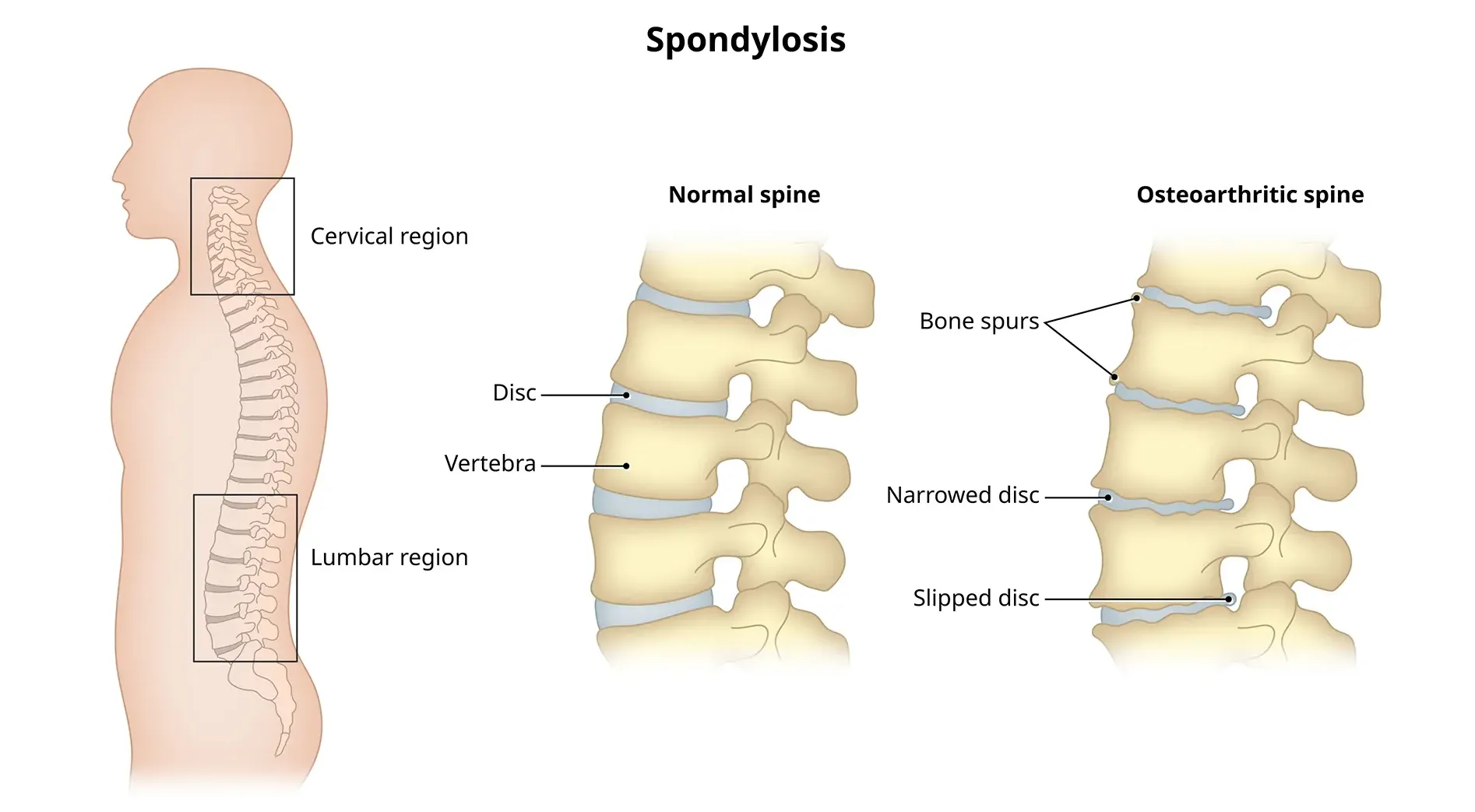
A dowager’s hump, a curve at the base of your neck, can cause extreme fatigue, back pain and headaches.
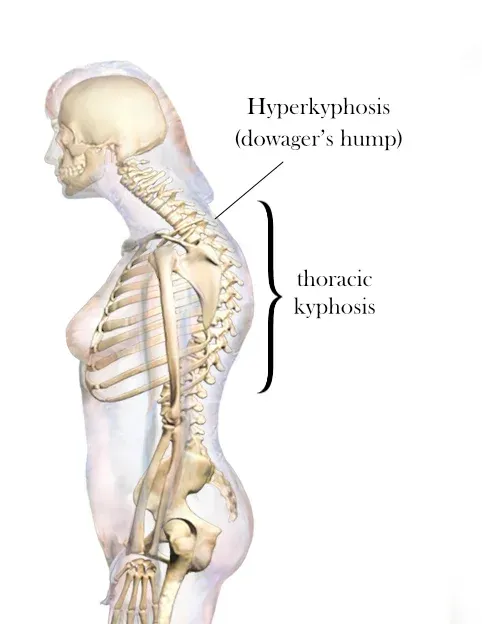
Flat feet cause pain, muscle strain, and fatigue. Treatments can ease discomfort. Symptoms include ankle pain, muscle fatigue and changes in walking.
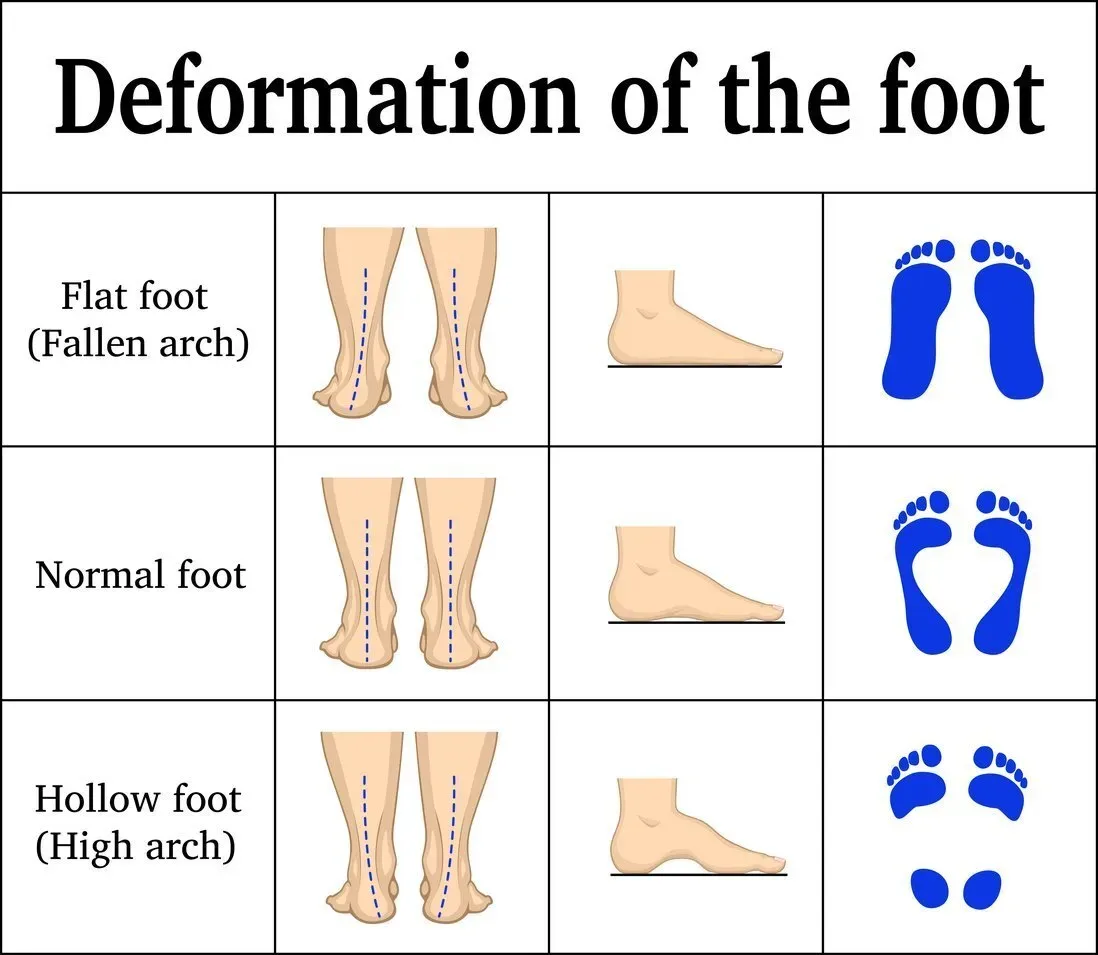
Traumatic brain injury (TBI) often results from a violent blow or jolt to the head or body, causing various physical and psychological effects.
